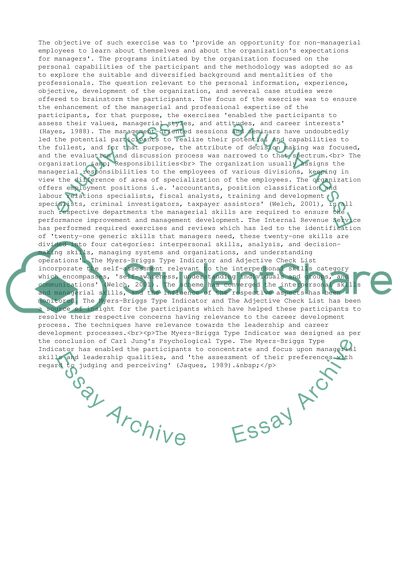Cite this document
(The Principles of Total Quality Management Essay, n.d.)
The Principles of Total Quality Management Essay. Retrieved from https://studentshare.org/management/1505984-perfomance-improvement-managment-development-creativity
The Principles of Total Quality Management Essay. Retrieved from https://studentshare.org/management/1505984-perfomance-improvement-managment-development-creativity
(The Principles of Total Quality Management Essay)
The Principles of Total Quality Management Essay. https://studentshare.org/management/1505984-perfomance-improvement-managment-development-creativity.
The Principles of Total Quality Management Essay. https://studentshare.org/management/1505984-perfomance-improvement-managment-development-creativity.
“The Principles of Total Quality Management Essay”, n.d. https://studentshare.org/management/1505984-perfomance-improvement-managment-development-creativity.


